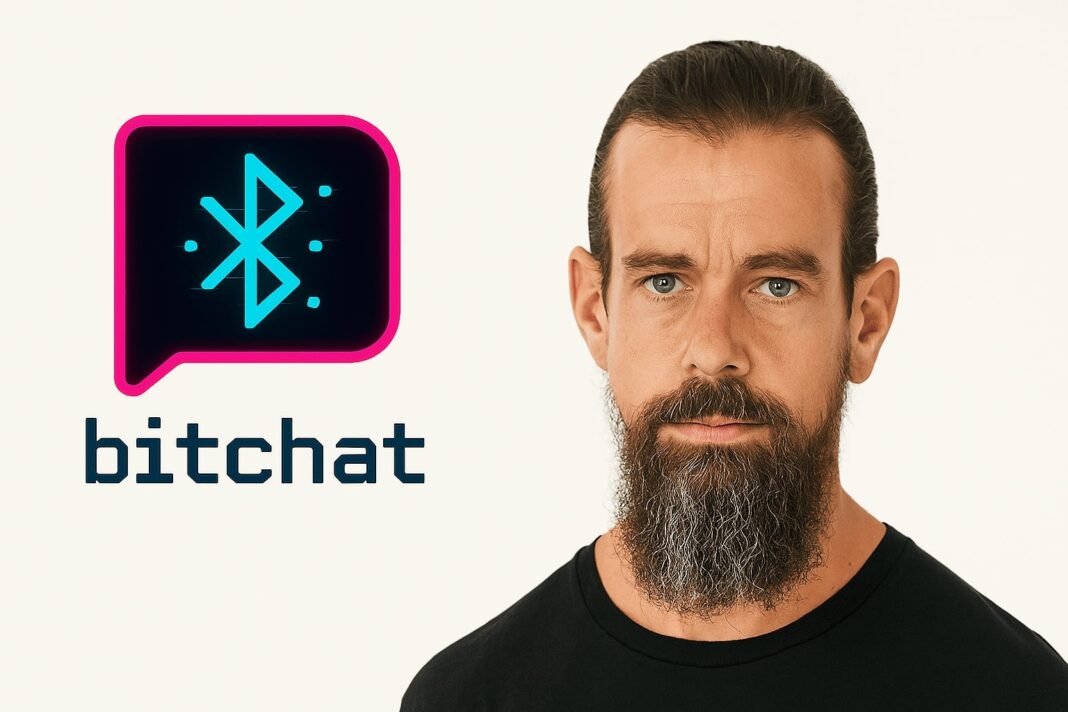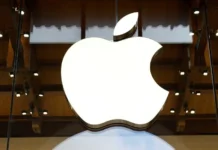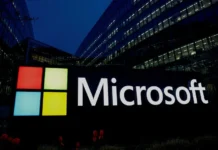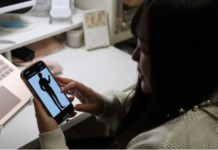Jack Dorsey, co-founder of Twitter and CEO of Block, has unveiled Bitchat, a revolutionary messaging app that allows users to communicate entirely offline. No internet, mobile data, or even a phone number required.
Currently in beta for iOS, Bitchat leverages Bluetooth mesh networking to create direct, peer-to-peer (P2P) communication between nearby devices. Messages hop from one device to another until they reach the intended recipient, forming a decentralized, serverless chat network.
As internet shutdowns and surveillance increase globally, Bitchat enters the market with a mission: to offer secure, resilient communication that respects user privacy.
Key Features
- No Sign-Up Needed: Bitchat does not require a phone number, email, or name.
- End-to-End Encryption: Messages are encrypted using Curve25519 and AES-GCM algorithms, ensuring only the sender and recipient can read them.
- No Central Server: Unlike WhatsApp or Telegram, Bitchat doesn’t rely on centralized infrastructure. Messages are never stored in the cloud.
- Panic Mode: Users can triple-tap their phones to instantly wipe all chat data.
- Disappearing Messages: Messages self-delete after delivery, ensuring minimal traceability.
Bitchat has already maxed out its 10,000-user limit on Apple’s TestFlight platform. An Android version is in development, along with Wi-Fi Direct support to enable richer media sharing.
Dorsey confirmed that the app’s code and whitepaper will be open-sourced, inviting developers and cryptographers to audit and build upon the platform.
Bitchat positions itself not just as an alternative to internet messaging apps, but as a response to the growing need for offline, censorship-resistant communication in high-risk regions and crisis situations.
As interest in decentralization and digital privacy intensifies, Bitchat could reshape how people connect — even when the world goes offline.



















